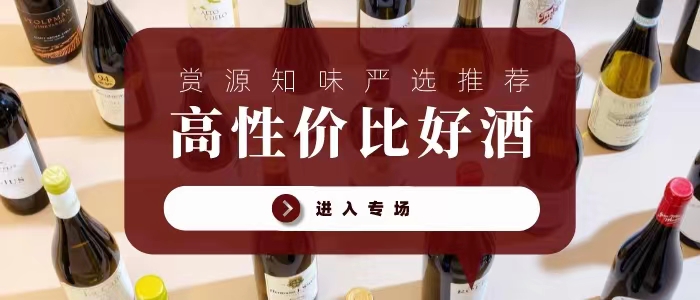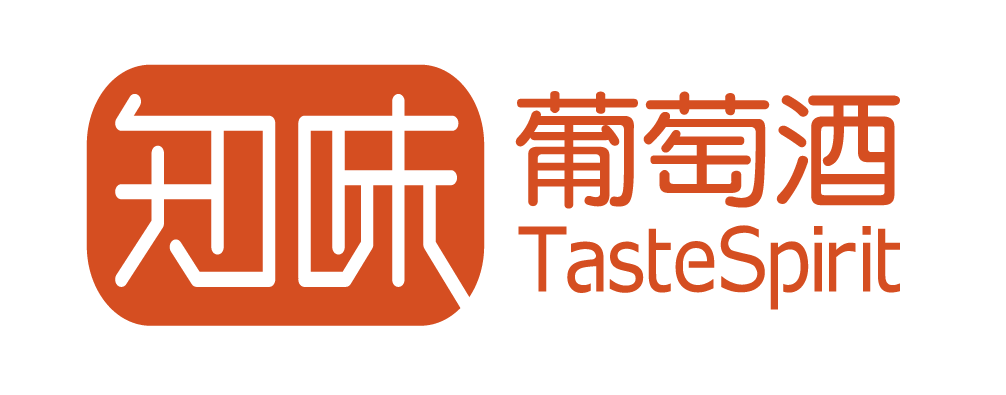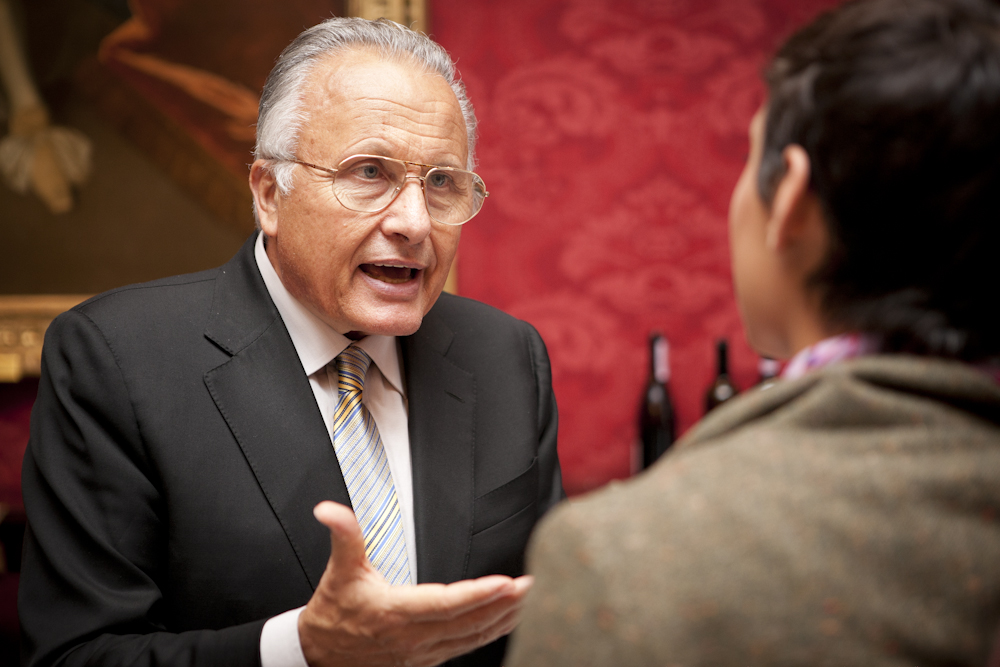2019年3月18日,在德国举办的世界级葡萄酒展会Prowein上,葡萄酒大师学院(Institute of Masters of Wine)和媒体Drinks Business共同把一年一度的酿酒师大奖授予了Angelo Gaja。葡萄酒大师学院主席,Adrian Garforth MW在颁奖辞中写道:“我想不到有其他人更值得此项荣誉。Angelo从不畏惧挑战常规与惯例,但他对最高质量酿酒标准的献身是压倒一切的。他同家人一起,还有意大利葡萄酒名庄协会(Istituto Grandi Marchi),不断致力于推广意大利葡萄酒文化、传统与卓越品质的最高标准。”
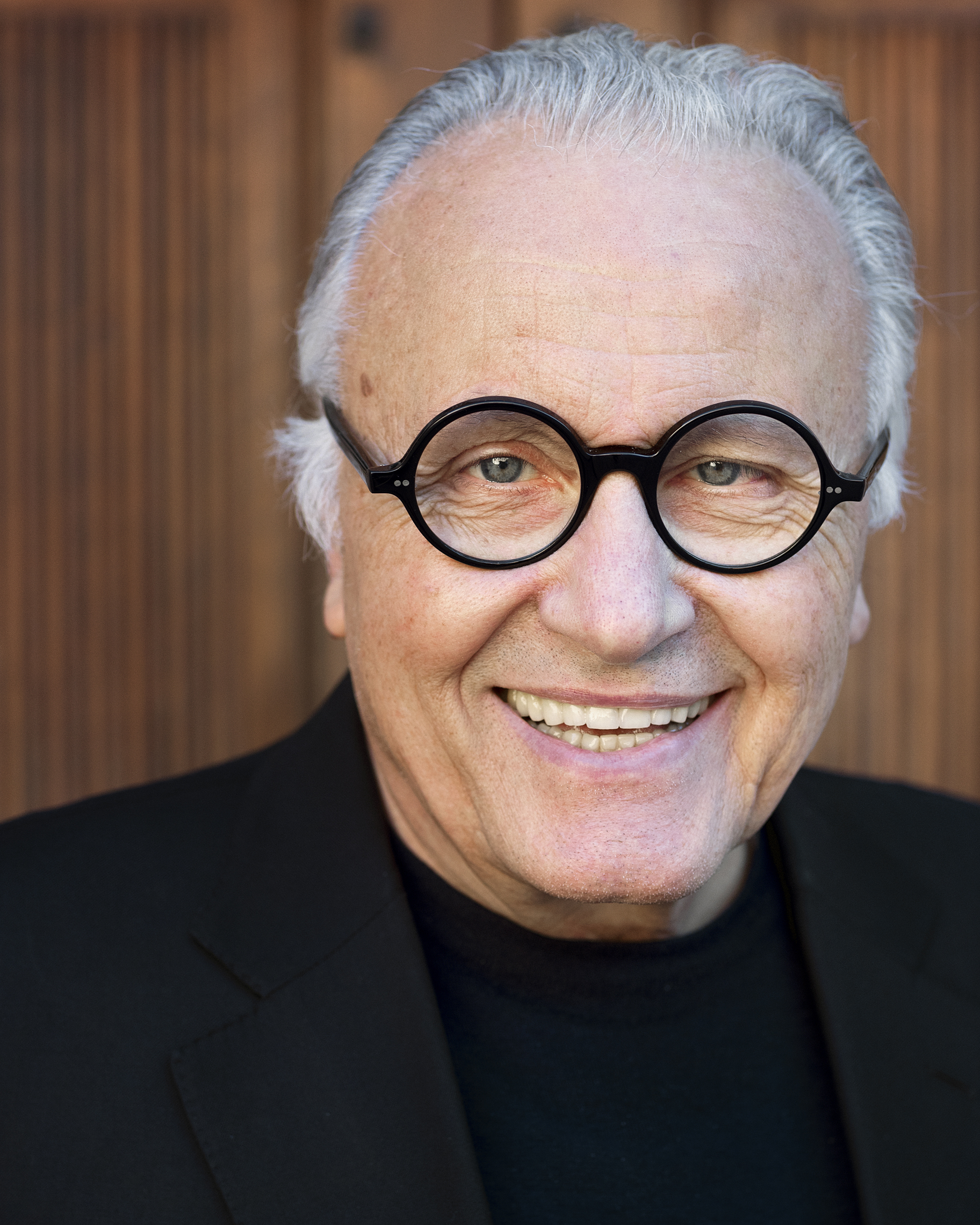
奖项的英文名是Winemaker’s Winemaker,初见时我沉吟了片刻。Gaja是我最尊敬的意大利酒庄之一,之前还专访过少庄主Gaia,成文发表后还颇感自豪。(点此查看《我与嘉雅酒庄(Gaja)的少庄主进行了一次长谈,聊的都是她们背后的事儿》)Angelo老先生对Barbaresco葡萄酒质量和声誉的贡献无人可及。酒庄的种植和酿造都有专人负责,而Angelo本身超人的精力似乎更多投入于与外界的沟通,于种植酿造似乎只是把握方向和关键节点——他是不是一个严格意义上的酿酒师呢?
转念一想,winemaker通译酿酒师。但从词义的本源看,那是做葡萄酒的人。Angelo从葡萄园购买、软木塞定制开始,掌控从田间葡萄到瓶中美酒的全过程,造就了如今Gaja的品质和品牌。他当然是一个winemaker。
以下对老先生的采访通过email进行。
- I think you have a cellar master who takes care of the day to day winemaking operation, but you still are the ultimate decision maker. What are the key decisions that you make in winemaking?
我想您有一位酒窖主管负责酿造的日常工作,但您依然是最终决策者。哪些关键决定由您来做?
ALESSANDRO ALBARELLO is Gaja winery’s winemaker, he is the expert devoting 100% of his time to the wine we make. He is like the professor teaching the novice to grow up, to fully express himself; on the other hand, I have to be able to listen to/to capture the wine expressions. He is the expert in the cellar, I know a little bit of everything, in the vineyard, in the cellar, in the marketing. We learnt to take decisions together, after long confrontations with each other
ALESSANDRO ALBARELLO是嘉雅酒庄的酿酒师。他是专家,并把100%的时间献给了我们酿的酒。他就像一位老师,教新手成长并完整地表达自己;另一方面,我必须能倾听和捕捉酒的表达。他是酒窖的专家,我则对葡萄园、酒窖和市场营销都略知一二。在长期的相互对立之后,我们学会了共同做出决定。
- What is the chief responsibility of a winemaker?
酿酒师的主要职责是什么?
Learn how to listen to wine and help its evolution.
学会倾听葡萄酒,并帮助它演化。
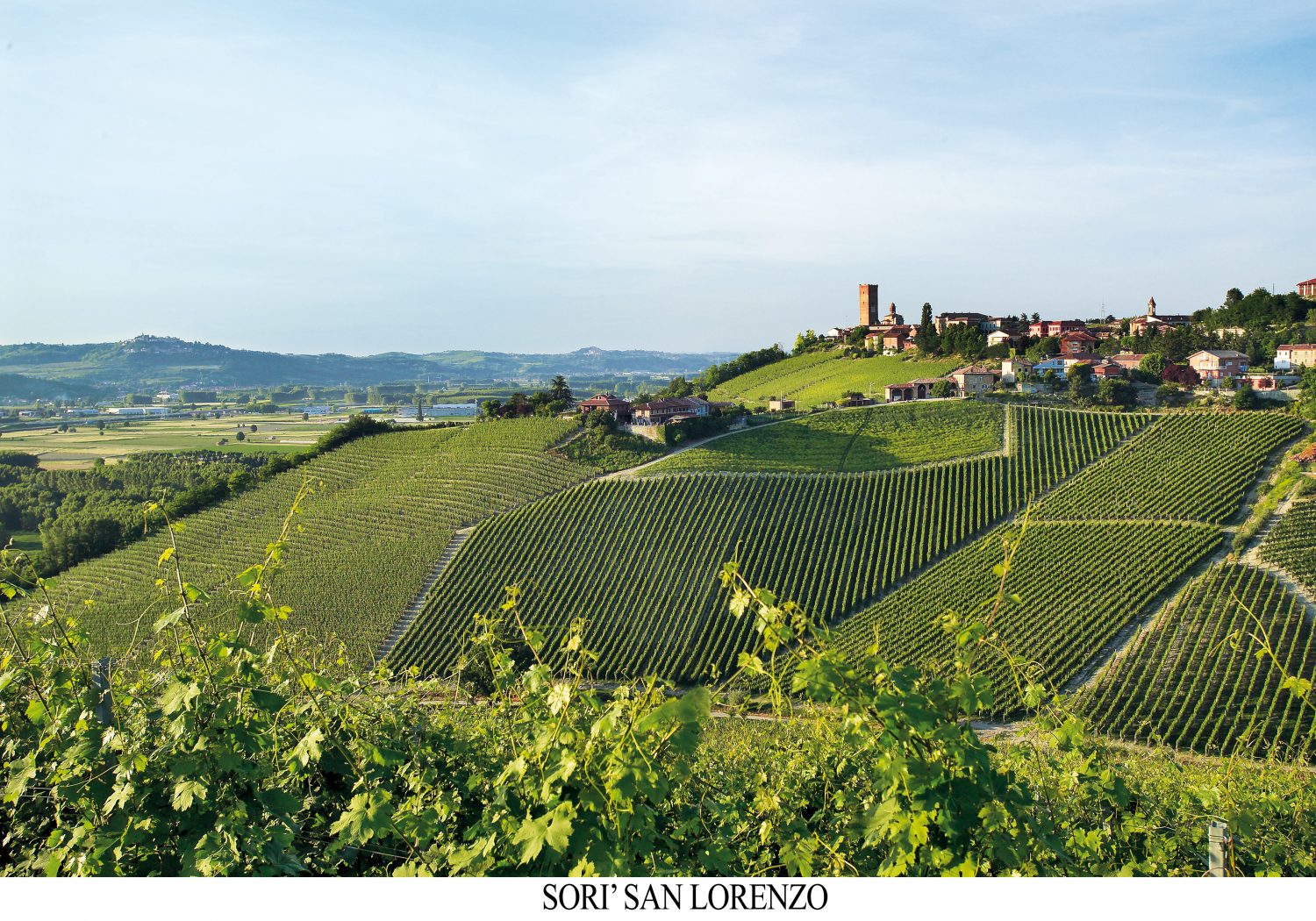
- What is your own biggest achievement as winemaker, in your opinion?
您认为自己作为酿酒师的最大成就是什么?
Not producing a wine that pleases everybody. Cultivating and protecting wine’s tiny imperfections which make it recognisable and give it a soul while at the same time define its origin.
坚持不做取悦所有人的酒。培养和守护酒中些许的不完美之处,它们让酒能被辨认,定义了酒的身份特性,同时赋它以灵魂。
- These days low/no-intervention is trendy, and low/no sulfur is sexy. But without human effort wine becomes vinegar. What in your opinion is the reasonable limit of low intervention and sulfur?
目前风行减少干预的酿酒理念,少用硫甚至不用硫的做法很性感。您认为酿酒中减少人工干预和用硫的合理下限是什么?
In comparison to the past, today’s wine has gained CLARITY. Thanks also to a more moderated use of sulphur. The no sulphur practice does not appeal to me at all.
比起以往,今天的酒更为清晰,这也得益于节制用硫。完全不用硫的实践对我毫无吸引力。
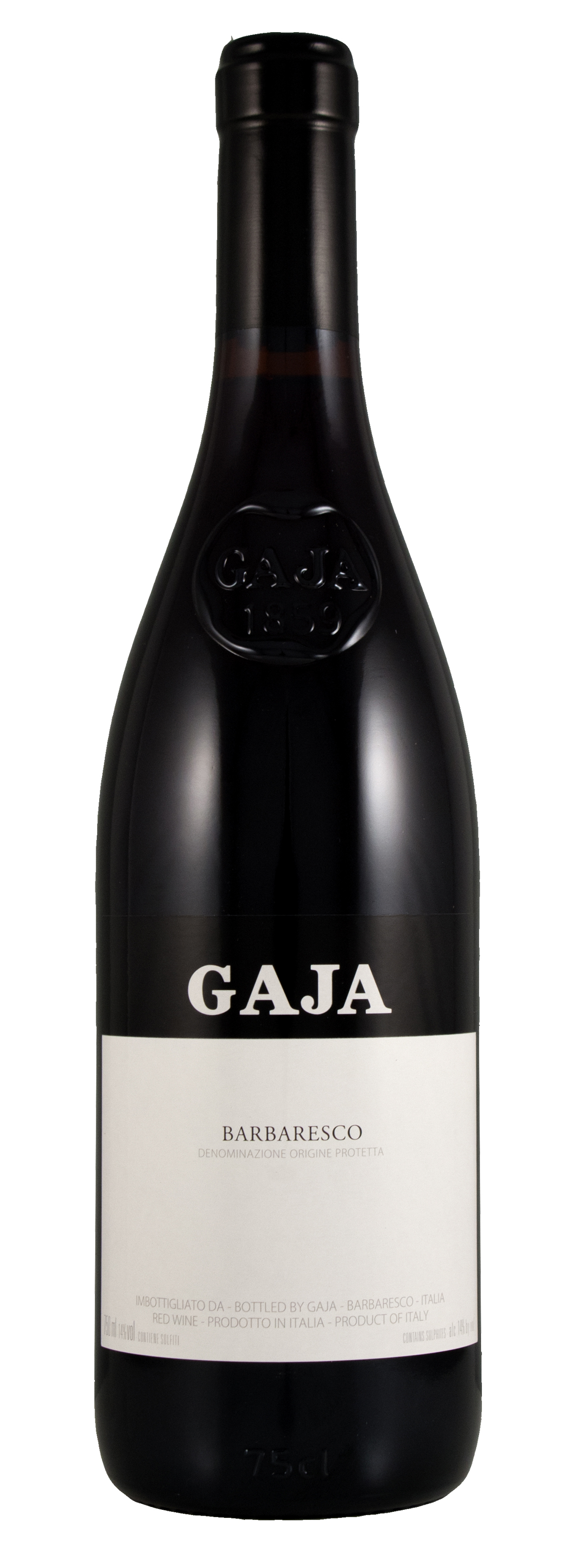
- You have viticultural head. But I know you are behind many experiments and improvements in the vineyards. Is driving better vititculture a part of winemaker’s job?
您有专职的葡萄种植主管,但我知道您推动了不少在葡萄园里的实验与改进。提高种植水准,是否是酿酒师工作的一部分?
Only striving to produce high quality grapes can lead to hope to produce great wines.
只有努力生产高质量的葡萄,才有希望酿出伟大的酒。
- Does the need of selling wine play a part in your winemaking decisions? Did they in earlier days?
对销售的考虑是否在您酿酒时的决策中占一定比重?早年是否有过这样的情况呢?
My father taught me to not follow market trends. I have never tried to produce popular premium wines; I have always refused to make dessert wines, sparkling wines, rosé wines… When I joined the winery in 1961, we were constantly asked to complement Barbaresco, the wine of our history, with Barolo. We only did it 30 years after, in 1991.
我的父亲教会我,不要在市场上随波逐流。我从未试图生产能流行大卖的;我向来拒绝出品甜酒,起泡酒,桃红……我加入酒庄是在1961年,那时就一直有人让我们在传统的Barbaresco之外,再加上Barolo。30年以后我们才这样,在1991年。
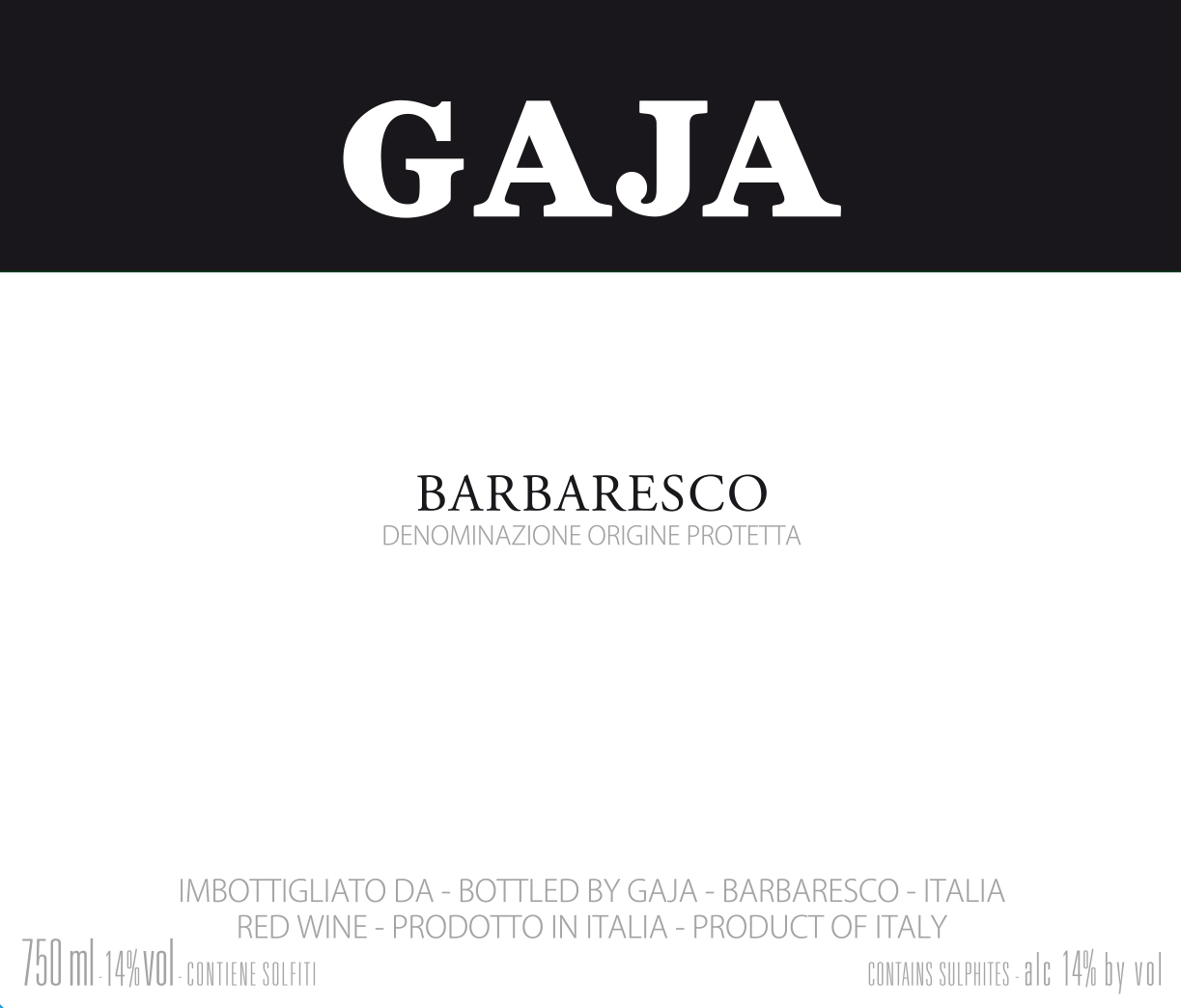
- Barolo is the king and Barbaresco is the queen. Do you agree?
有人认为:Barolo是国王,而Barbaresco是王后。您同意吗?
Legends die hard. However, women take more and more power, they do not want to stay behind the scenes anymore.
传说不死啊。不过,女人争取了越来越多的权力,她们不再愿意站在幕后了。
- Why didn’t you produce more single vineyard Barbarescos? Personally I think the Moresco vineyard is outstanding terroir and hope to see a single vineyard cuvee there, and Asili too.
为何不出品更多的单一园Barbaresco呢?我个人认为来自Moresco的葡萄园风土极佳,希望能见到那里的单一园佳酿,还有Asili。
Well, I need to leave some future projects for my kids!
我得给孩子们留一点将来的项目好吗!
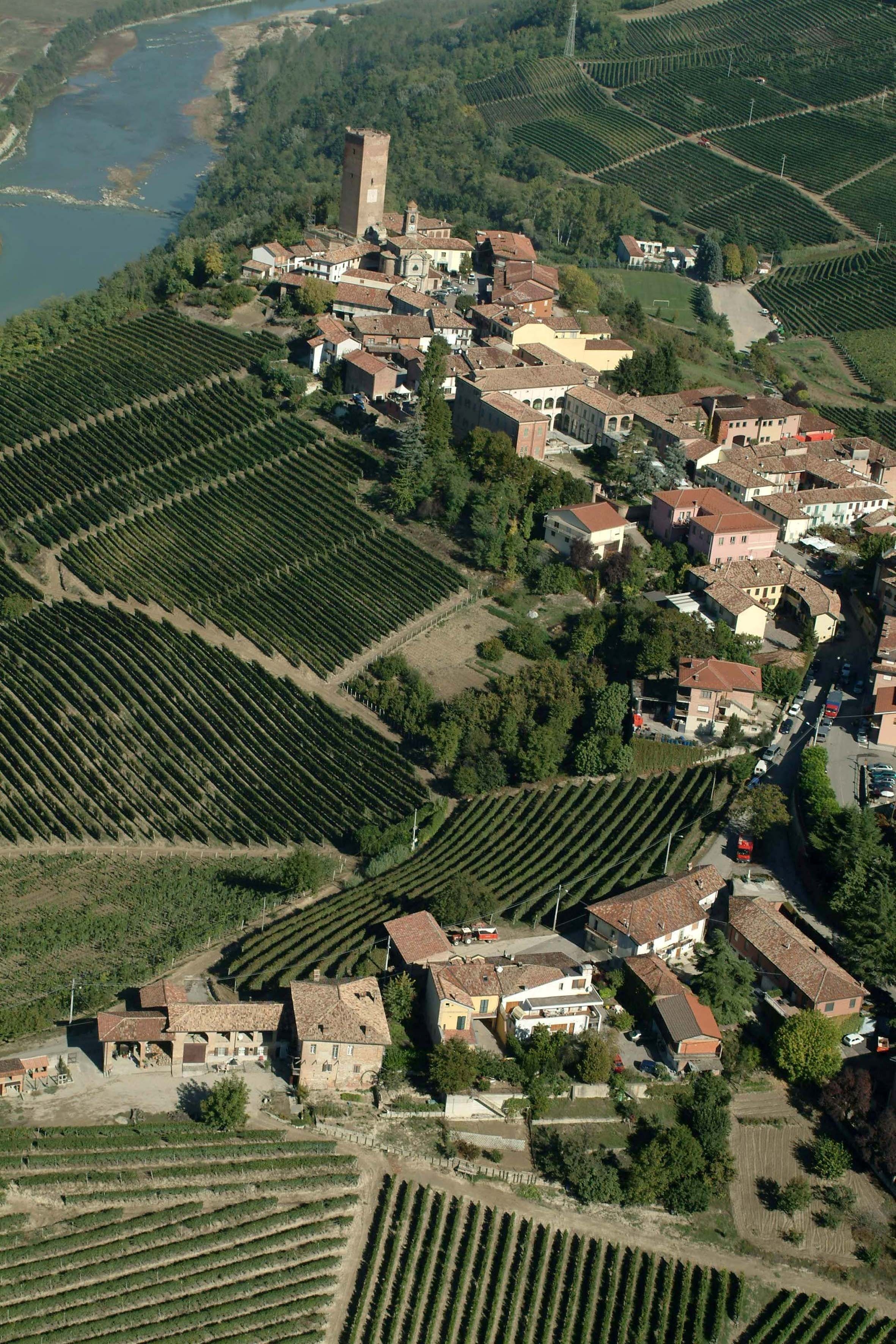
- Gaja old vintages are some of the most consistently good Italian wines. Do you think Barbera plays a part here?
嘉雅老年份酒质量的稳定性,在精品意大利酒中出类拔萃。您觉得酒中混酿进巴贝拉是否与此相关?
From vintage 1996 until vintage 2011, Gaja single vineyards had a small percentage of Barbera. I am convinced it was a right choice, but it meant that the wines were showing the Langhe Nebbiolo denomination on the label instead of the Barbaresco one. Starting from 2013 my three kids wanted to go back to the Barbaresco appellation (100% Nebbiolo). They won, 3 against 1, it was fair like this. If one wants to have kids working with their fathers in the company, they need to let them carry out their own projects.
从1996到2011年,嘉雅单一园酒款都含有少许巴贝拉。我确信这是一个正确的选择,但这也意味着酒标上只能用Langhe Nebbiolo而不是Barbaresco。从2013年起,我的三个孩子决定回归100%内比奥罗的Barbaresco产区。他们赢了,3比1,这也公平。如果想让儿女和父辈在公司里共事,就得让儿女执行他们自己的项目。

- I’m pretty sure you a man of no regret, but is there anything significant in your winemaking life that you now prefer to do differently?
我相信您不是会轻易后悔的人,但在您的酿酒生涯中,是否有些事情您现在更愿意换一种做法?
Less skin extraction during the fermentation in comparison to the past. This is because today climate change allows us to pick riper grapes. In the past, vintages rich in concentration for Barbaresco and Barolo were rare and we welcomed them as pleasant surprises. Today we look with great attention to preserve finesse and elegance, a goal achieved through medium body and harmonious wines. Elevated concentration is not a parameter for great quality.
发酵时比过去少一些的萃取。原因在于,如今的气候变化允许我们采收更成熟的普通。过去在Barbaresco和Barolo,富于集中度的年份稀少,遇见就是惊喜。今天,我们努力保留酒的精妙(finesse)与优雅之感,并通过中等酒体,风味和谐的酒来实现这一目的。提高集中度并不是卓越质量的决定因素。
- What’re the vintages that you’re personally most proud of? I assume there’ll be some nice stories behind your pride.
哪些年份让您个人最感自豪。我相信在这自豪后面会有好的故事。
1989. It was a vintage stricken by bad weather everywhere in Italy. In Barbaresco and in Barolo the weather remained cloudy and gloomy 20 consecutive days before harvest, while all around it was heavily raining. Then, we experienced good weather for a month. It was a memorable vintage.
1989年。那个年份全意大利的天气都糟。在Barbaresco和Barolo,采收开始前20天都是阴沉、多云,还时降大雨。然后我们经历了一整个月的好天气。那是一个值得纪念的好年份。
- Can you tell us a few underrated vintages in Barolo and Barbaresco?
您是否能告诉我Barolo和Barbaresco产区几个被低估的年份。
1969, 1973, 1995, 1998
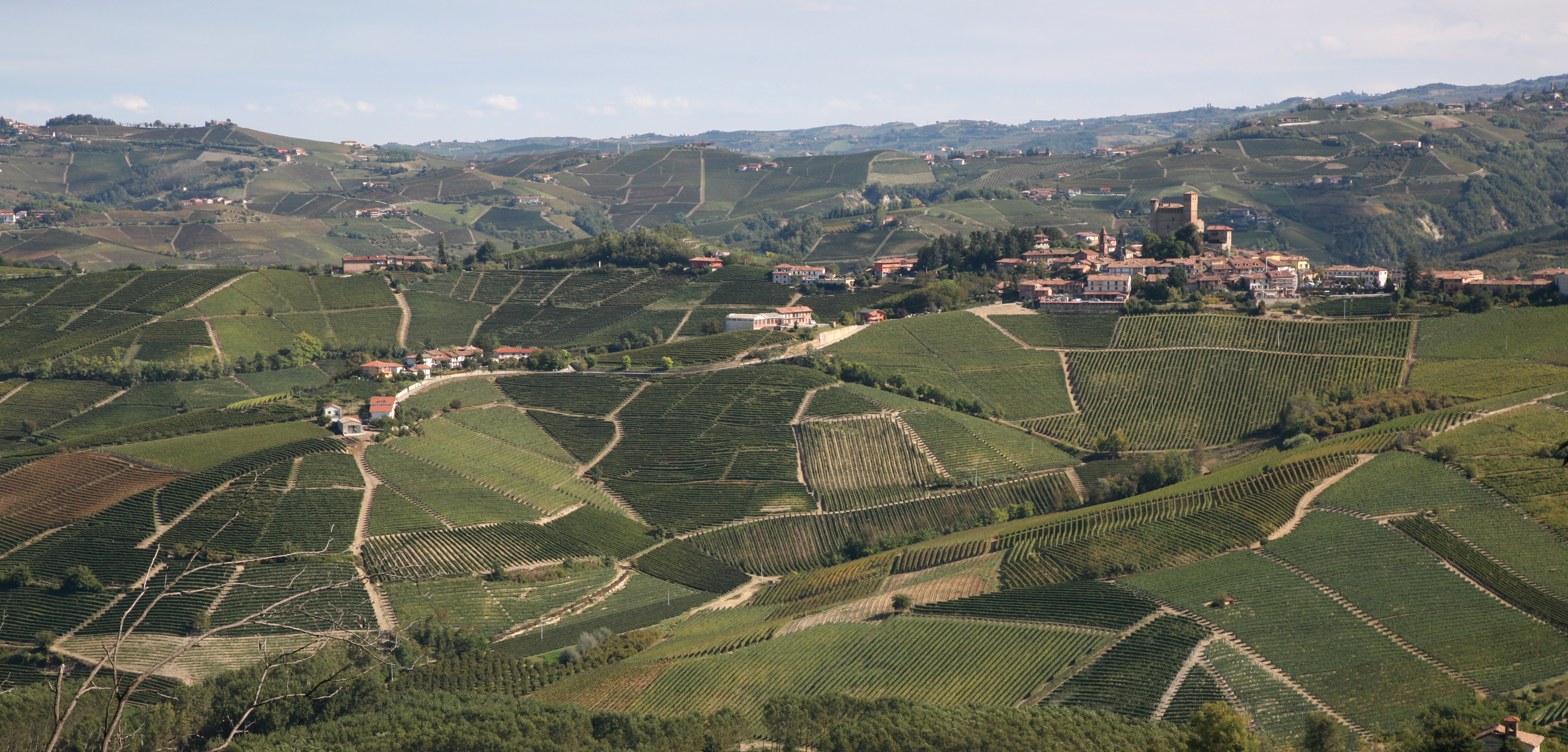
- What’s your favorite pairing of Gaja wine and Chinese food?
能否说说您喜爱的嘉雅葡萄酒与中餐搭配?
I would pair Sito Moresco with beef, preserved sausage (La Chang), Chaoshan beef hot pot or braised meat (Lu Wei). In general, Barbaresco and Sperss can be paired with peking duck or Cantonese roasted goose. Old vintages of Barbaresco can be paired with Dim Sum.
我会用Sito Moresco搭配牛肉,腊肠,潮汕火锅或者卤味。一般而言,Barbaresco和Barolo可以搭配北京烤鸭或者粤式烧鹅。老年份的Barbaresco可以配点心。
- Anything else you want to say to Chinese readers?
您还想对中国读者说些什么?
Cultivate love for wines produced in China, from Chinese vineyards. Be proud of them, help them grow. Go visit the production sites , read what is written about Chinese wine, get knowledgeable about your own culture, with perfumes and flavours that are familiar to you and that you can recognize in your wines. It will be a growth of knowledge, of culture beneficial for all the wines of the world.
培育对产自中国葡萄园的国产酒的爱。为它们骄傲,助它们成长。去游访产地,阅读有关中国葡萄酒的文字,多了解你们自身的文化,多在中国酒里感受你们自小熟悉的香和味。那样得来的知识与文化,对全世界葡萄酒都有助益。
译后记:
可惜不是见面,可惜老先生选择email的文字交流方式,而非电话或Skype。否则,也许会有更鲜明的观点,更生动的表达吧?
- Gaja先生在全文两处用了两处大写:酿酒师的名字,如今的酒质“清晰”。前者是对人的尊重,后者是对酒风格的提炼,都重要。他提到认为过去的萃取可能重了一些,这也几乎是葡萄酒界目前的一个通识。在波尔多、勃艮第和意大利,人们在采收10年、15年后打开2000年前后酿的酒,发现其中不少酒体尚未融合,甚至酒入喉之后留下略显粗糙、粘稠的触感,纷纷意识到片面追求“大酒”不可取,宁求“清晰”而耐饮,也更有利于传达风土。
- 在Barolo和Barbaresco有一种说法,酒的品质取决于生长季最后一个月。但天气不好,总会让酒农百爪挠心,老先生在1989年的经历就是明证。按目前的普遍看法,1989在皮埃蒙特是一个史诗级的好年份。
- Gaja先生最后对中国读者的话,既在我意料之外,又在情理之中。之前他就多次表示,中国烹饪博大精深,中国人应该用自己熟悉的食物风味来描述葡萄酒。我记得Gaia,他的大女儿,也很喜欢中国茶。好酒好菜好茶,是可以让人通过色香味和联想,对生活更欣赏、更留意(aware)、更感恩的物事。中国人,当然该爱自己的生活与文化。至于挺中国酒,前一阵子看见美国俄勒冈精品黑皮诺的年度拍卖会新闻。在最后一个slot时,离拍卖总金额目标100万美金还差不少。一位成功的餐厅老板,也是历年大买家之一站了出来,表示如果有人分享,他愿意高价吃下这最后的slot。结果:六个买家分享了这一批酒,每家付了1万美金,相当于每瓶比市价高了1千美金左右,高高兴兴花钱做俄勒冈黑皮诺的托儿。所以,我们应该有文化自信对不对?
- “Well, I need to leave some future projects for my kids!”让我笑出了声。近年来嘉雅的酒确实更显清晰和优雅,祝酒庄的新一代继续成功。
